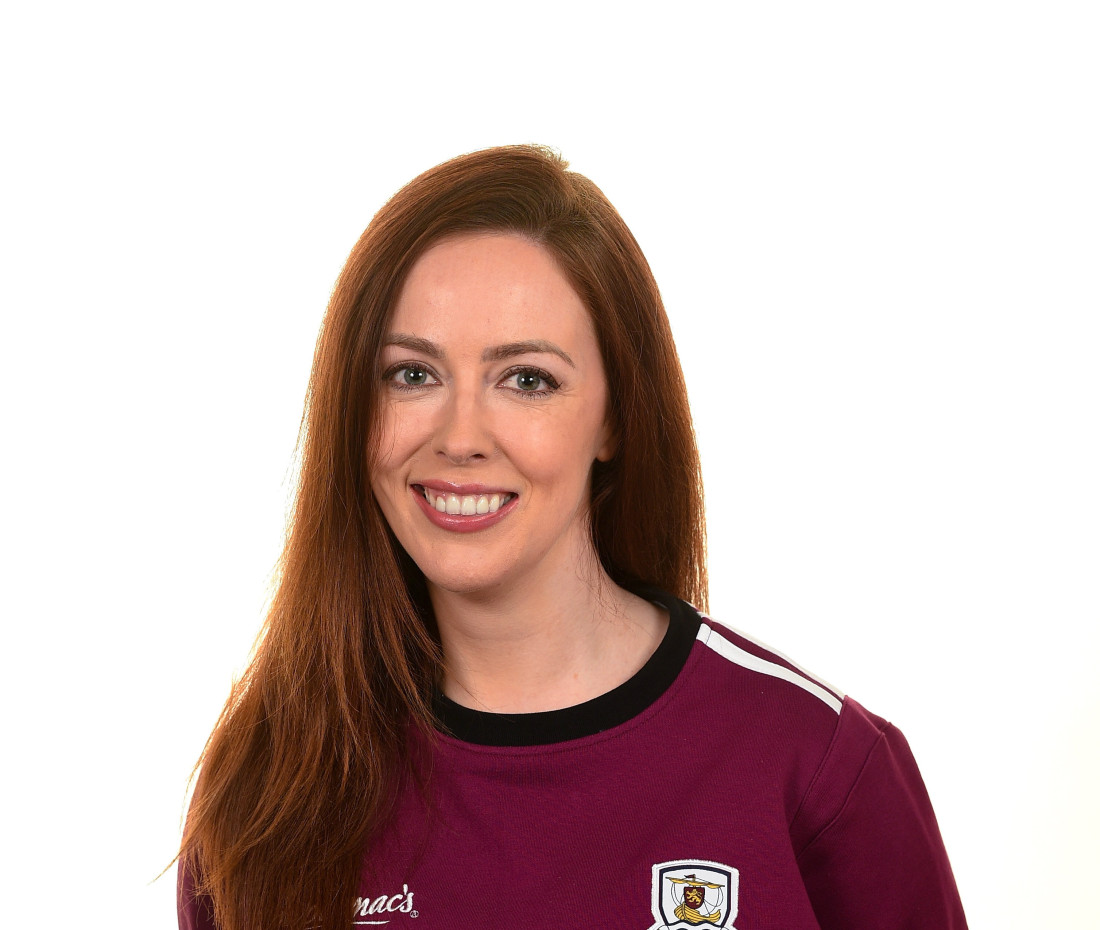ONE of the co-founders of the Masters tournament, Bobby Jones, famously declared that “Golf is played mainly on a five-and-a-half-inch course, the space between your ears.”
We can all learn from golf. Even if your knowledge doesn’t go beyond tuning into the Masters of a Sunday evening for the potential of a psychological thriller unfolding before us.
Cast your mind back to 2011. Barack Obama was the US President, Osama Bin Laden was killed, Wall St was about to be occupied, while Rory McIlroy had us all occupied by his final round meltdown.
It all started off so well, beginning with a four-stroke lead until he hit a tree branch, got rattled and walloped the ball into Rae’s Creek, ending that day in 15th place. At the time he said it was a character-building day and he’d come out stronger. That trophy has eluded him to this day.
Jordan Spieth had a day to forget in 2016. The defending champion, he lost the run of himself by taking a shot far too quickly, and it ended up in the water. To add insult to injury, his penalty drop also went to a watery grave.
Just like his hopes. He also hadn’t given himself any wriggle room due to messing up other shots on the run up to that one. He himself admitted that his swing was too quick. And it killed his chances. One rash moment, four days’ work ruined.
Why do these mistakes happen, and more importantly, what can we in the world of Gaelic games learn?
Anxiety has a significant impact on performance, which is highly visible in golf. It’s a lonely place to be when things start going wrong. Trembling hands, bad breathing technique, sweating, and a brain feeding your head with irrational thoughts do not make for good decision-making. What helps mitigate against these situations? Relaxation techniques, imagery, knowing what helps settle the mind.
In Gaelic football, or hurling, these mistakes happen with much more regularity. There’s more action happening at once, so the opportunity to make mistakes present themselves more often.
This means that unless a player or a team is insulated against these breakdowns of thinking patterns, it could unravel a meltdown serious enough to sink a team that was in the driving seat.
A few very simple (nearly deceptively so!) tips borrowed from golfers, could make the difference, if implemented consistently.
Stay in the present
Too many golfers are imagining how they’ll take on Amen Corner when they step onto the first tee. You can’t control the future and you can’t erase the past, but you can ruin a perfectly good opportunity right in front of you by focusing on them instead of the present. One would wonder if this is a lesson hard learned by the footballers of Kerry and Monaghan in recent championship history.
Next ball
Your primary objective is to gain control of the ball. When you manage that, remember that your next task is to get it over or under the bar, either from yourself or a teammate. Don’t be taking the kick in your head before you have the ball in your hands.
If things go wrong, reframe your mind and find ways to refocus on that target again. At least in Gaelic games the targets don’t change and you have 14 others on the field supposed to be helping you. You have 18 of them in golf, by yourself. Mayo’s Cillian O’Connor knows this better than most. His chance to level the 2016 All-Ireland final replay against Dublin deep into injury time went wide, and the following year another free could’ve had them a point ahead but it hit the post. Dublin were quicker to focus on the next ball, giving them a let off which ultimately created a free for Dean Rock. The rest is history.
Never give up
Don’t give up the ghost too quickly. Fight until that final whistle. We’ve all seen the games that turned in injury time.
Your fortunes can turn with one good shot or one decent counter-attack. And those fortunes could be good or bad, depending on what side you’re on. If you’re cruising, don’t switch off. Change your own internal targets, challenge yourself.
The drawn hurling final of 2013 springs to mind. Patrick Horgan looked to have won it for Cork with a point in the last minute. Additional time was up but Clare didn’t give up. Two minutes and 38 seconds had gone when Domhnall O’Donovan fired the sliotar over the bar as he was tackled to level the game. A replay was fixed, Clare won the title.
You play your best when you’re excited to play and not anxious about results. Golfers know perfection doesn’t win tournaments. A calm mind and a steady hand does. Sport psychologists know that tweaking everything except your mindset might not make too much of a difference either.
Rory McIlroy had a terrible outing last weekend, with a new swing and a new coach leading some to question if it was the right choice for him to implement these changes before such a major tournament. No matter how great an athlete you are, doing something new in a high-pressure situation eats at your confidence, no matter how much you were flying in training.
Coupled with footage of him swearing at himself last November with defeated body language, you would wonder if he’d gain from a psychological review of his approach to competitions as well.
Take the opportunity to learn from these experiences and ensure that the only time prayer comes into your head in a sporting environment is while watching golfers handle Amen corner.
Receive quality journalism wherever you are, on any device. Keep up to date from the comfort of your own home with a digital subscription.
Any time | Any place | Anywhere












